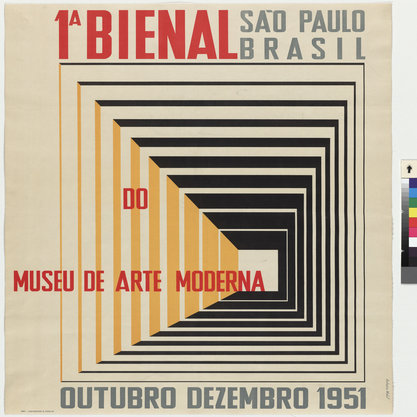Article
Carpentier, Alejo (1904–1980) By Pardee, Sheila
Article
Alejo Carpentier, Cuban novelist and musicologist, formed important connections between the European and Latin American modern literature of the 20th century. He was a founder of the avant-garde Afro-Cuban movement, incorporating African heritage into Cuban art, theater, and music. Exiled in France from 1929–1939 for political dissent, he associated with surrealists and was for a time heavily influenced by their work. In France, he finished the novel he had started in a Cuban prison: ¡Ecue-Yamba-O! [Praise be to God!] (1933). Following his return to Cuba, a trip to Haiti inspired his novel, El reino de este mundo [The Kingdom of this World] (1948), an imaginative recreation of the Haitian revolution and its aftermath. In his prologue to this novel, he introduced the term lo real maravilloso Americano, or magical realism, as it was later known.


![Gramatges [Leyte Vidal], Harold (1918–2008)](/propagator/data/img-dc/original/image/music-hero/CAJ_2638302_converted.jpg)